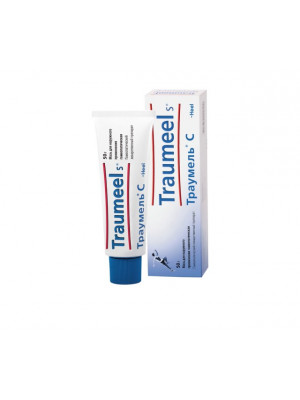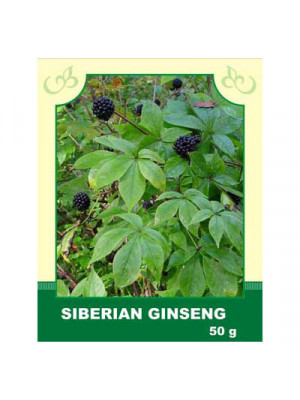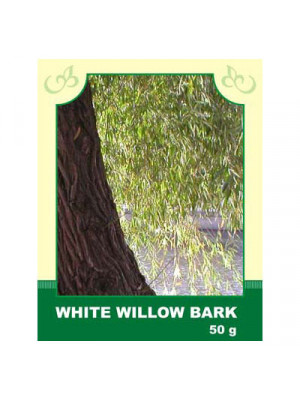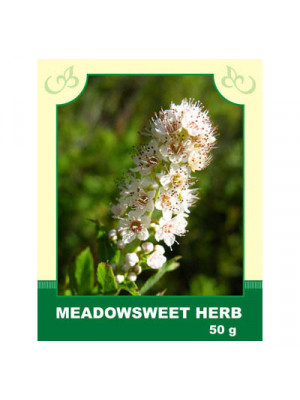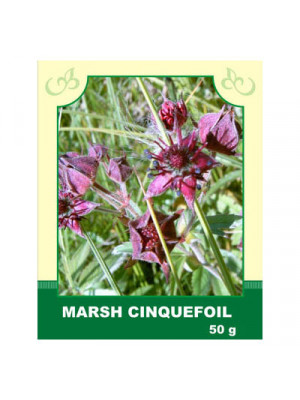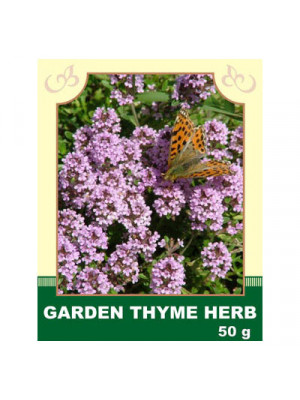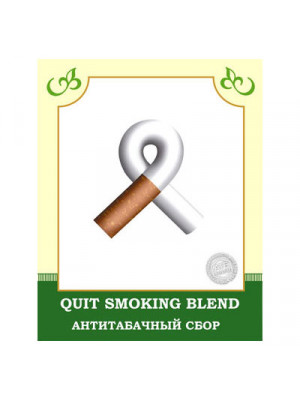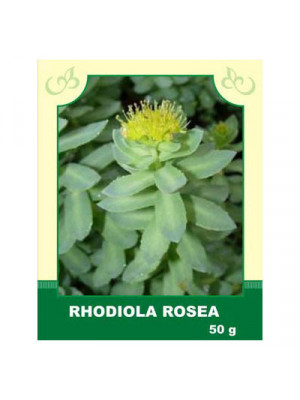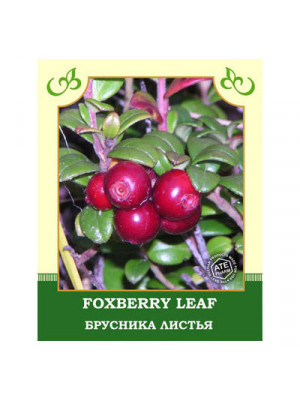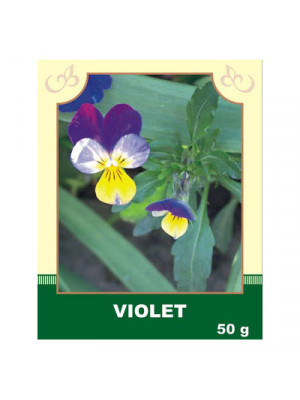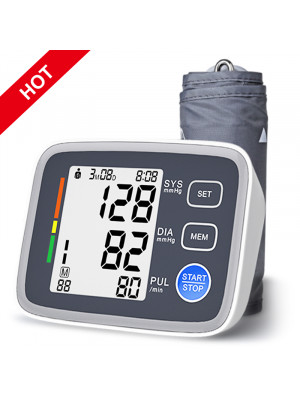Search results for 'Black Currant Leaf 50g'
Internally. This remedy improves overall well-being, reduces cholesterol levels in atherosclerosis with predominant involvement of the aorta and coronary vessels. It creates a favorable background for various cardiovascular diseases, rheumatocarditis. It enhances mental performance, reduces fatigue during physical exertion, improves hearing and vision, is beneficial for mild forms of diabetes, and aids in enhancing male potency.
Method of use and dosage: Roots in a 1:1 ratio are infused in 40% alcohol, infused for 2-3 weeks, strained, and taken at a dose of 15-20 drops 2-3 times a day 30 minutes before meals in the first half of the day.
Contraindications: Individual intolerance, arterial hypertension, myocardial infarction, hypertensive crises, febrile conditions, acute infectious diseases.
$6.99Internally, the decoction is taken for headaches, neuralgia, various forms of neurosis, rheumatism, gout, colds, indigestion, inflammatory processes in the intestines and stomach, jaundice, liver and spleen diseases (if overloaded with large doses of toxins), diarrhea, diseases of the urinary tract, gynecological and infectious diseases, and internal bleeding.
Method of application and dosage: Steep 1 teaspoon of bark in 200 ml boiling water, let it infuse until cool, strain, squeezing out the plant material. Bring the resulting infusion to the initial volume with boiled water, and take 1 tablespoon 4-5 times a day.
Externally, willow bark is used as a mouthwash for stomatitis, periodontosis, angina, and inflammatory processes in the oral and throat cavity. It is also used in baths for varicose veins and for washing wounds and ulcers on the body.
Contraindications: Pregnancy, lactation, individual intolerance. It should not be used if aspirin, laxatives, cold and cough remedies, antacids, vitamins, and amino acids are used in treatment.
$6.99Internally, lovage is taken for the following purposes:
- As an anti-inflammatory, analgesic, and diaphoretic remedy for flu and high temperature;
- In gout, rheumatism;
- For hysterical seizures, severe stomach and intestinal pain;
- For hemorrhoids, dysentery, and worms;
- As a diuretic for kidney and bladder diseases;
- Effective in treating upper respiratory tract infections, skin conditions, headaches, suffocation, and heart diseases.
Method of administration and dosage: 3 tablespoons of finely crushed dry herb are infused in 250 ml of boiling water, heated in a water bath with the lid closed for 15 minutes, infused at room temperature for 45 minutes, strained, and consumed throughout the day in equal portions.
Externally, lovage is used for:
- Treating dermatosis, wounds, ulcers, and furuncles;
- For leucorrhoea, bites of snakes or rabid animals.
A ointment made from a powder of lovage roots, vaseline, and lanolin (in a ratio of 1:2:1) is used to lubricate affected areas in dermatosis and for rubbing in rheumatism.
Contraindications: Individual intolerance.
$6.99Internally, it is taken for cardiovascular diseases, gallstone disease, bronchial asthma, acute bronchitis, arthritis, osteoarthritis, toothache, gynecological diseases, dermatitis, and hemorrhoids.
Method of application and dosage: Pour one-third of a half-liter jar of crushed saberfish with vodka, close the vessel tightly, and place it in a dark place. It should infuse at room temperature for at least 3 weeks. The ready tincture is taken 1 tablespoon three times a day before meals, washed down with a small amount of water.
Externally, you can also prepare an oil infusion (extract). Vegetable oil is used instead of vodka for its preparation. The rules for preparing and storing the extract are the same as for the tincture. The oil extract is used for rubbing into sore spots. After rubbing, the affected area is wrapped with a woolen cloth. The procedure is carried out at night.
Contraindications: Pregnant and lactating women, children, and individuals with individual intolerance to the preparation. When taking the tincture, one should avoid getting cold, refrain from eating salty, sour, and spicy foods. Also, do not take any medicines, herbs, or alcohol.
$6.99
Description. It has been used through the centuries for many ailments, from epilepsy to melancholy. Nowadays, it is prescribed by herbalists for intestinal worms, gastrointestinal ailments, bronchial problems, laryngitis, diarrhea, and lack of appetite. It has antiseptic properties, and can be used as a mouthwash, skin cleanser, anti-fungal agent for athlete's foot and as an anti-parasitic for lice, scabies, and crabs. Garden Thyme herb tincture is a popular way of dropping bad habits and alcoholism is one of the. Garden Thyme arouses steady feeling of nausea and aversion towards alcohol. Use. Before the advent of modern antibiotics, it was used to medicate bandages. It has also been shown to be effective against the fungus that commonly infects toenails. A tea made by infusing the herb in water can be used for cough and bronchitis. Medicinally thyme is used for respiratory infections in the form of a tincture, tisane, salve, syrup or by steam inhalation. Because it is antiseptic, thyme boiled in water and cooled is very effective against inflammation of the throat when gargled 3 times a day. The inflammation will normally disappear in 2 - 5 days. Thyme is a good source of iron and is used widely in cooking.
Attention! Before using any herbal products, make sure that you have full knowledge of how the herb works and any adverse reaction it may cause.$6.99Composition: marshmallow, licorice, pine buds, anise, sage.
The infusion relieves the painful symptoms of withdrawal, calms the nervous system and helps cleanse the lungs.
$6.99Internally, it is taken as a means of stimulating the central nervous system, for increased fatigue, during increased mental stress, in depressive states in alcoholism patients, to increase endurance on long hikes, for hypotension, insomnia, impotence, and sexual weakness.
Method of application and dosage: Prepare a tincture on 40% alcohol in a ratio of 1:5, infuse in a dark place for 3-4 weeks, strain, and take 15 drops 3 times a day 15-20 minutes before meals. The infusion is prepared by pouring 10 g of raw material with 200 ml of boiling water, infusing for 4 hours, straining, bringing to the original volume with boiling water, and taking 1/2 cup 2-3 times a day.
Contraindications: individual intolerance, with sharply expressed excitability, hypertensive crisis, febrile conditions. Overdose is not allowed. It is not recommended to take it at night or late in the evening.
$6.99Internally, it is taken as a diuretic for cystitis, pyelonephritis, urinary stone disease, enuresis, prostatitis, gastroenteritis, and chronic diarrhea.
Method of application and dosage: 2 tablespoons of leaves are poured with 1 glass of boiling water, heated on a water bath with the lid closed for 30 minutes, cooled for 10 minutes at room temperature, strained, and the obtained infusion is brought to the original volume with boiled water. Take 1/3 cup 2-3 times a day.
Contraindications: Hypersensitivity; in case of kidney pathology, consult with a specialist.
$6.99Internally: Violet tricolor is used as a means to stimulate kidney activity, diuretic, diaphoretic, and blood-purifying; tea from violet tricolor herb is consumed for rheumatism, rickets, lung diseases, gout, and osteoarthritis, as well as for joint rheumatism. Additionally, it is taken for cold cough and as an expectorant.
Method of application and doses: 1 tablespoon is poured with 200 ml of hot boiling water, heated in a boiling water bath for 15 minutes, cooled at room temperature for 45 minutes, strained. Take 1/2 cup 3-4 times a day before meals.
Externally: Used as mouthwash for inflammations of the upper respiratory tract and for compresses on wounds.
Contraindications: Individual intolerance.
$4.80


